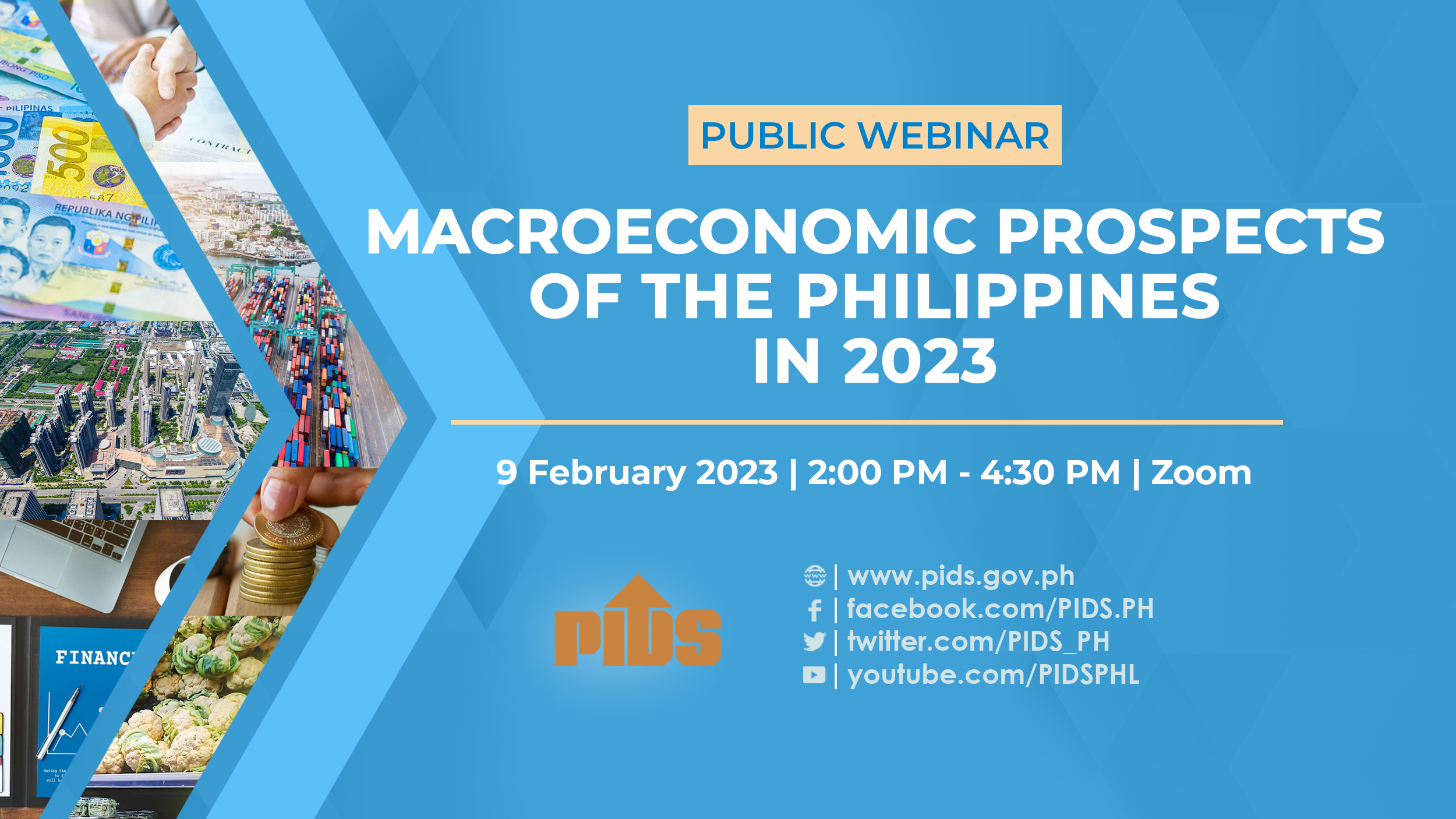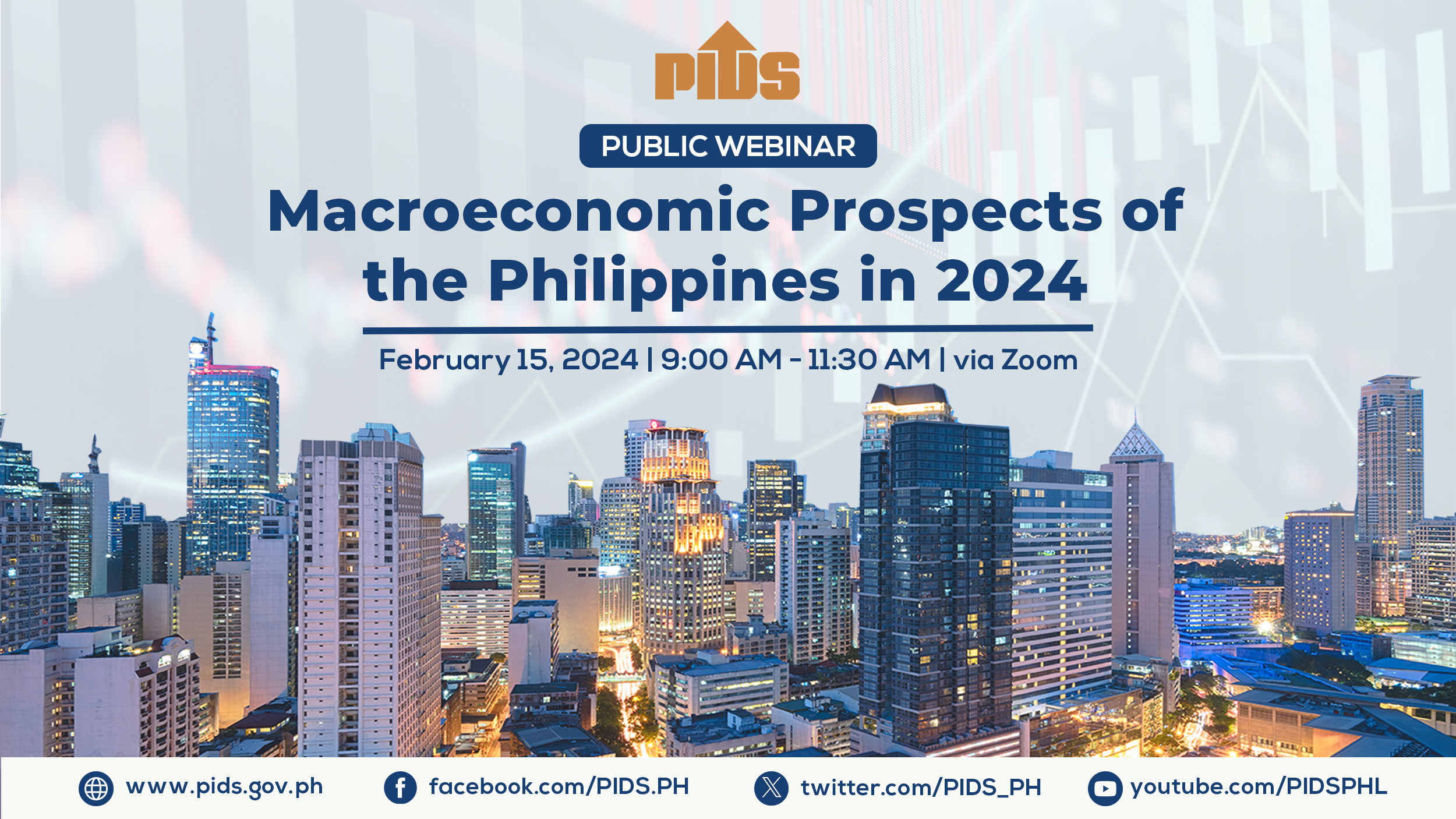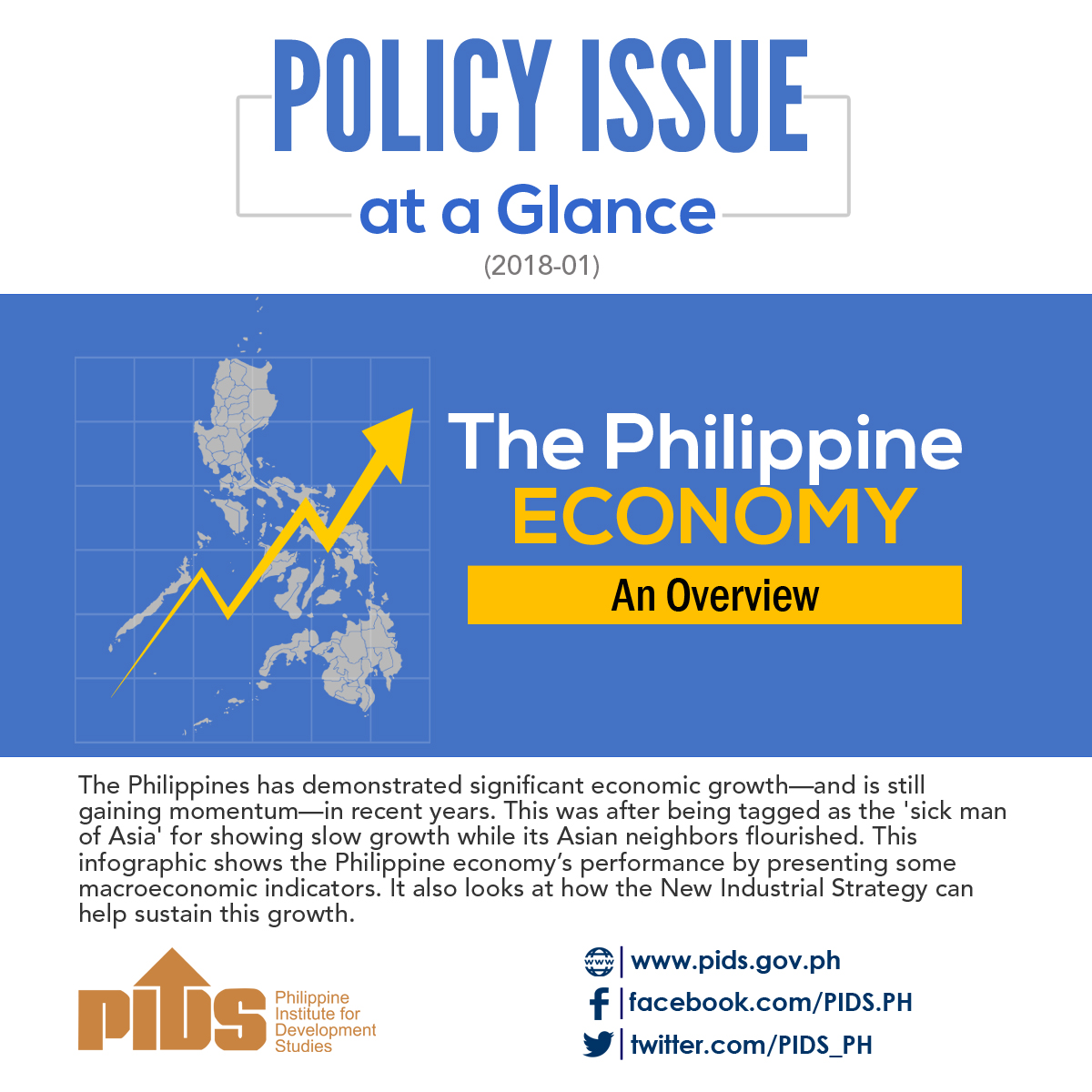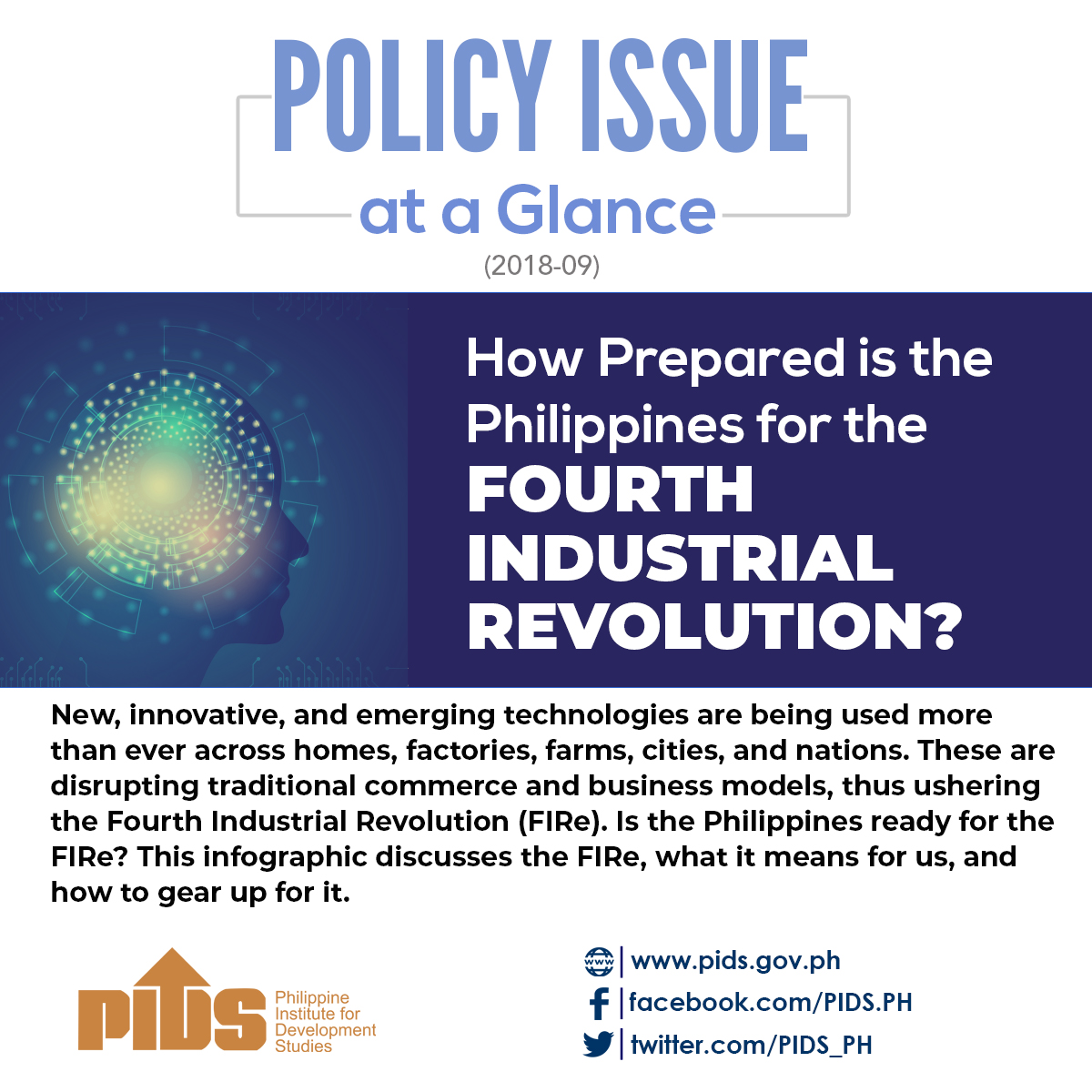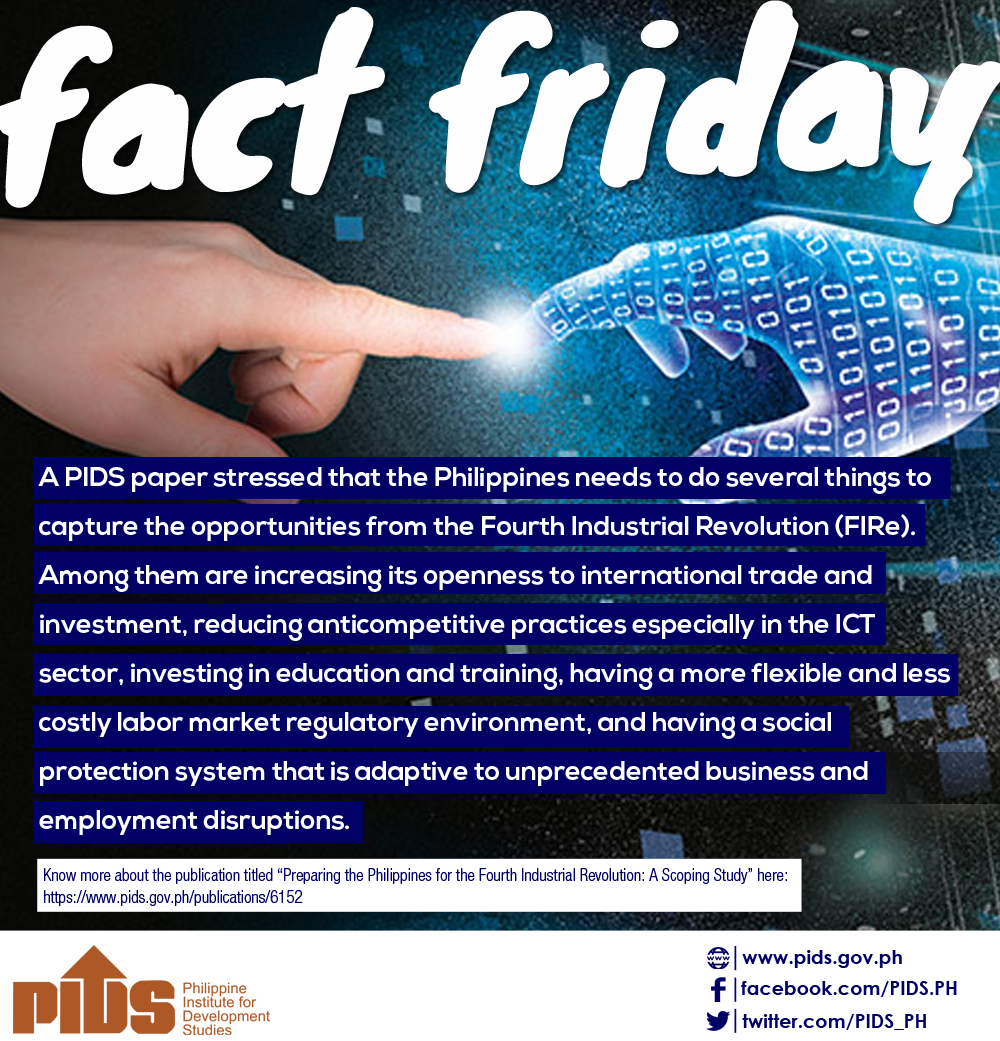MANDALUYONG, Sept 20 -- Last Wenesday, Sept. 19, Department of Budget and Management (DBM) Secretary Diokno delivered the closing remarks for the Philippine Institute for Development Studies’ 4th Annual Public Policy Conference held at EDSA Shangri-la, Mandaluyong City.
In his remarks, Secretary Diokno discussed the challenges the Philippines would face in the advent of the Fourth Industrial Revolution (FIRe), as well as opportunities in terms of the Philippines’ policy environment and government investment.
According to Secretary Diokno, “the most pressing challenge is the anticipated labor displacement” in the face of automation, especially in the service sector which the Philippines “heavily relies on”.
However, he remarked that “technological change will bring jobs also”.
“[The] kinds of jobs the new industrial revolution will require us to prepare our work force are for an increasingly knowledge-driven and technology-intensive economy,” he said.
His presentation then focused on investments in human capital development and science and technology and key reforms of the DBM involving use of technology.
“We continue to give education the highest allocation of the budget,” the budget chief said, noting increases in the K-12 and Universal Access to Tertiary Education programs of the government.
From P470.5 billion in 2018, the budget for the K-12 program is increased to P528.78 billion in the proposed 2019 budget. Meanwhile, the budget for the Universal Access to Tertiary Education was increased from P44 billion in 2018 to P51 billion in 2019.
Secretary Diokno also noted the upward trend in the size of the Department of Science and Technology’s budget, consistent with the 0+10 Socioeconomic Agenda crafted in the beginning of the administration, which includes the “promotion of science, technology, and the creative arts to enhance innovation and creative capacity towards self-sustaining, inclusive development”.
The budget for Science and Technology has been increased from P19.5 billion this year to P19.8 billion next year. According to the DBM Secretary, “about one-fourth” of this budget will go to expenditures for scholars of Philippine Science High School and Science Education Institutes.
Lastly, the Secretary shared a number of key reforms in the DBM involving use of technology – the Budget and Treasury Management System (BTMS), the Modernized Philippine Government Electronic Procurement System (mPhilGEPS) and Virtual Store, Project Digital Imaging for Monitoring and Evaluation (Project DIME) – which he says are “important steps for modernizing government”.
In conclusion, Secretary Diokno said that the radical shift in industrial technology would create winners and loser at the onset, and that government and private sector should work together to address the challenges from the FIRe.
“We must all work together to ensure we usher in a new era of productivity that is inclusive and broad-based,” he said. (DBM)







